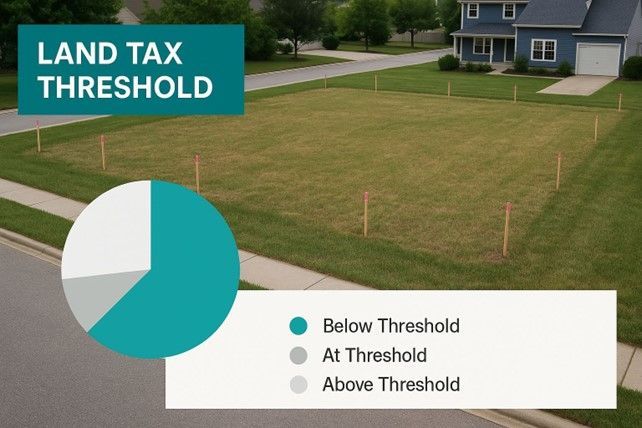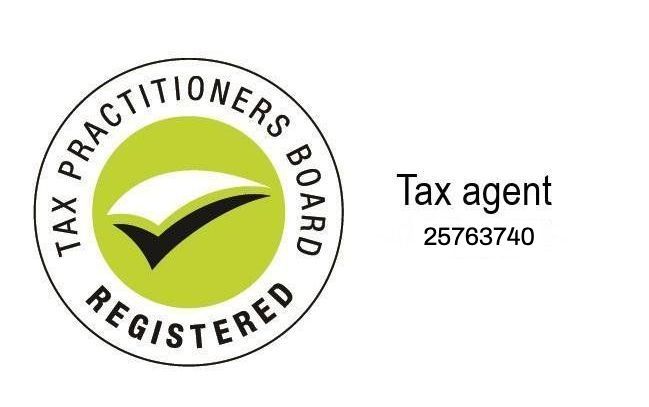What Is TASA and Why Is It Changing How We Work?
Understanding the New TASA Code of Conduct
There’s been a quiet shift happening in the tax profession, and you might start to notice some differences in how we work with you. If we’ve asked for more documentation than usual this year, or been a little firmer about what’s needed, here’s why

What is TASA?
TASA stands for the Tax Agent Services Act. It’s the framework that governs how tax agents and accountants operate in Australia. Part of that framework is the Code of Professional Conduct, which outlines how we work, what’s expected of us, and how we protect our clients.
The Code covers things like:
- Acting with honesty and integrity
- Working with competence and care
- Maintaining confidentiality
- Keeping our knowledge up to date
- Complying with tax laws
What’s changing?
The Code itself hasn’t dramatically changed, but the way it’s being enforced has. The Tax Practitioners Board is lifting expectations and we’re responding by tightening our internal processes.
You’ll likely notice a few shifts:
- More requests for source documents and evidence
- More follow-up questions if something doesn’t quite add up
- More transparency around what we’re checking and why
- Clearer expectations about what’s required for us to act on your behalf
Why it matters
We’re not being difficult, we’re doing our job properly. And that protects you.
When we submit a return or lodge something on your behalf, we’re also signing off that we’ve taken reasonable care and verified the information. If we can’t do that, we’re not allowed to proceed.
The more accurate and well-supported your records are, the less likely you are to face issues with the ATO. And if something is ever reviewed, you’ll be in a much stronger position with clean documentation and a clear paper trail.
What you might be asked for
Depending on your situation, we may ask you for:
- Full loan statements for investment properties (including redraws)
- Valid logbooks and odometer readings for vehicles
- Broker summaries or CGT reports for investment activity
- Clear apportionments for private use or mixed-purpose assets
- Updated details on trusts, directors, or business structure
We’ll always explain what we need and why. But we won’t be able to cut corners, even if it feels like a small thing.
The bottom line
This is about doing things properly so you’re protected, and we’re compliant.
We’re committed to making things easier for you, but we’re also committed to doing things right. If we’re asking more of you, it’s because the standards we’re held to have changed, and that’s not a bad thing.
If you have questions about what we need or how we work under the new Code, just reach out. We’re happy to walk you through it.
Disclaimer: The information provided on this website is for general informational purposes only. Hamilton Brown Partners assumes no responsibility for errors or omissions in the content or for any actions taken based on the information provided. Always speak to us or another registered professional before acting on any information read on this website.












